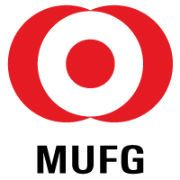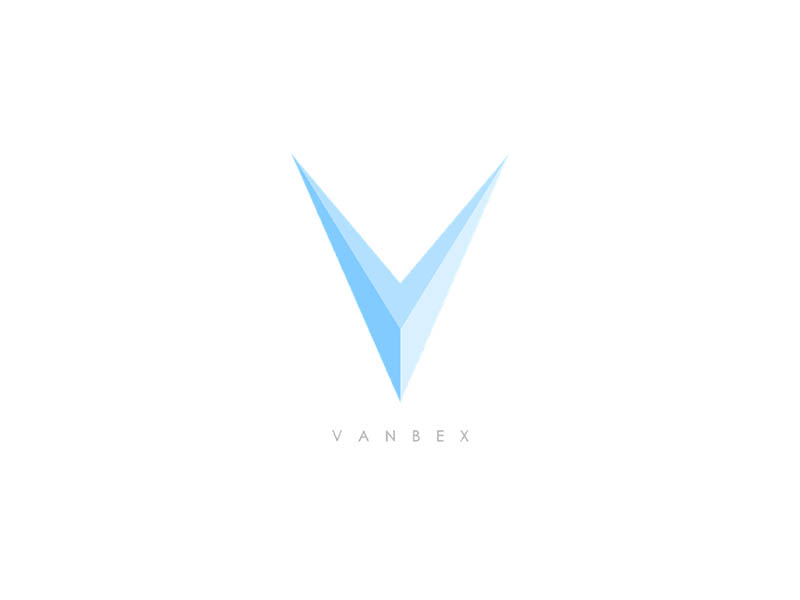The Vanbex Report is a periodic summary of the blockchain industry’s top news stories from the biggest companies, as well as the most promising newcomers.
February 2016 — Week after week, industry insiders and cryptocurrency pundits have looked on as blockchain-mania has swept the world, grabbing a choke hold of the financial industry and governments with talk of consortiums, private and permissioned distributed ledgers.
Also read: Burger King Arnhem Now Accepts Bitcoin Payments
The Vanbex Report
 The technology has even shown signs of seeping into the realm of creatives and musical artists as a less centralized fiscal environment — the benefits and advantages of control, security and speed — are beginning to take seed and the future of digital transactions has never looked so promising.
The technology has even shown signs of seeping into the realm of creatives and musical artists as a less centralized fiscal environment — the benefits and advantages of control, security and speed — are beginning to take seed and the future of digital transactions has never looked so promising.
However, Blockchain projects like R3CEV, Digital Asset Holdings and Blockstream have shown the willingness of big players to draw lines in the sand, jumping off the fence into a specific yard of influence.
The largest consortium stands in R3CEV’s corner. The fintech innovation firm boasts a 42-member group containing some of the world’s largest, most profitable financial players, and reportedly there are plans to include non-financial members.
R3CEV recently completed a successful distributed ledger experiment that spanned 11 of its member banks across four continents, a list which included Barclays, BMO Financial Group, HSBC, TD Bank and Wells Fargo. The technology came in fact from Microsoft’s collaboration with ConsenSys, that is, the Ethereum Blockchain-as-a-Service, by way of Microsoft Azure.
Startup Digital Asset Holdings, described as “a New York firm developing blockchain solutions for the financial services industry,” duly secured investment from fifteen financial institutions, including lead investor, JPMorgan Chase, which is not surprising as DAH is itself led by former JPMorgan Chase banker Blythe Masters.
Larry Loeb of SecurityIntelligence.com wrote that: “[Digital Asset’s] products serve the entire financial ecosystem through the creation of tailored business logic applications, which use privately permissioned networks that employ a cryptographically secure shared infrastructure.”
Late-comers to the investment ring, Goldman Sachs and IBM, more recently threw their hats in for the New York-startup, helping push the latest investment round from its original $52 million tally to over $60 million.
Then there’s Silicon Valley-based Blockstream, an open source protocol-level technology committed to developing from the Bitcoin Blockchain via what they term ‘Sidechains.’
It is yet another deviation in the race to adopt the most commercially viable blockchain technology.
Blockstream announced $55 million in Series A funding, with a total reported investment amount of $76 million. The swath of money arrived from investors like French venture capital firm AXA Strategic Ventures, PriceWaterhouseCooper and Hong Kong VC firm, Horizons Ventures.
In Japan, SBI Holdings announced its partnership with Ripple to pursue distributed technology of their own.
These recent news developments illustrate the paradigm shift occurring in the way data will be collected, used, stored and exchanged, be it financial or otherwise, in the coming future. While the blockchain is touted by some as next generation technology, it’s certainly appearing much closer to practical use.
Will there be a blockchain for all blockchains? Perhaps.
As these consortiums, pioneers, technologists push forward with their respective ‘brands’ of blockchain technology it’s still clear the need will exist to tether distinct systems in some shape or form.
Private, permissioned blockchains perhaps decentralizes the system, but what happens when institutions utilizing R3CEV’s ledger technology must do business with Goldman Sachs or IBM in some kind of outsourcing deal? Perhaps companies will be part of multiple blockchains or cross compatibility may be the ultimate objective.
San Francisco-based Tendermint who is behind an architecture that will allow for the creation of blockchain technologies through a simple and intuitive platform throws a nod to the need for flexibility in application-building.
“There is a lot here that no one is thinking about and we’re already close to solving. For example, if you have a consortium of 40 banking nodes, how do they decide how to add or remove a node? How do they decide to accept or reject a proposed application?” said Tendermint co-founder, Dustin Byington.
Distributed ledger technology may decentralize but cross-connectivity and adaptability is the only path to mainstream success. The underlying motivation, to track information, ownership or payments, on a global scale, exists for all businesses. Being able to incorporate the diverse needs that stretch beyond financial consortiums and governments is thus crucial.
As it sits, however, the financial industry appears fine in painting itself into a specific blockchain corner. Let’s just hope the technology that grows out of this doesn’t develop into something wholly proprietary.
Communication and compatibility between systems and applications is an inevitability to achieving broad success that will transcend the lines currently being made in corporate, industry, and digital currency.
Here are some top news stories from this month so far:
JPMorgan Chase Blockchain Trials Launch
 Leading global financial services firm begins testing with Digital Asset
Leading global financial services firm begins testing with Digital Asset
JPMorgan Chase began trials with New York-based blockchain startup Digital Asset Holdings (DAH) to attempt to create viable distributed ledger technology for the financial industry.
Goldman Sachs and IBM also jumped into the mix, investing late in the round, which saw over $60 million enter the fray.
This is not the first time IBM and DAH have partnered up either.
As reported in other media outlets, both organizations joined with the Linux Foundation in December to help create a distributed ledger framework as part of the Open Ledger Project.
Daniel Pinto, head of JPMorgan’s investment bank, stated that “loans were a good sector for blockchain technology to be trialed,” as reported in cryptocoinsnews.com.
Japanese Bank Develops Digital Currency
 Country’s largest bank creates “MUFG coin”
Country’s largest bank creates “MUFG coin”
Japan’s largest bank, the Bank of Tokyo-Mitsubishi UFJ (MUFG), announced last week it has developed its own digital currency, stating it set out to build a peer-to-peer exchange system which does not rely on a distributed mining network.
Termed “MUFG coin,” the Japanese digital currency is an interesting avenue. If the country is to establish a nation-wide adoption of the currency, government support and adoption would need to transpire.
MUFG is also a member of R3CEV’s blockchain consortium of 42 global financial institutions.
Interestly, SBI Holdings announced a new endeavour with distributed ledger startup, Ripple, last week, along with investment in bitcoin exchange, Kraken.
These initiatives signal serious movement toward cryptocurrency in Japan.
Bitcoin Group Falls Short of Investment Mark
 Mining operator netted 30 per cent of its $20 million goal
Mining operator netted 30 per cent of its $20 million goal
Bitcoin Group, one of the largest mining operators, which has been planning its initial public offering for a couple of years, fell considerably short of its slated goal of US $20 million.
Bitcoin Group did manage to raise over US$5.9 million, roughly 30 per cent of its mark, on the Australian Securities Exchange (ASX).
They offered to investors 100 million shares at $0.20 per share, with the round closing at the end of January.
Some Upcoming Events
MIT Enterprise Forum of NYC
A blockchain event, ‘Digital Trust in a Blockchain World’, will be held on Feb. 9 at PwC Auditorium in New York. The event is being sponsored by PricewaterhouseCoopers. Visit eventbrite.com for more information.
The Block Chain Conference
Touted as one of the first business and blockchain-focused events, The Block Chain Conference (#TBCCSF) will be held at the Mission Bay Conference Center in San Francisco, Feb. 10, with IBM listed as the keynote speaker.
Amsterdam Exploring Decentralization
D10e is being held in Beurs van Berlage, Amsterdam, Netherlands from Feb. 17-18. The two-day event “will unite American and European entrepreneurs, investors, makers, and dreamers obsessed with everything from bitcoin and blockchains to 3D printing and drones.” The D10e will also be arriving in San Francisco this July.
Satoshi Roundtable
A small group of leaders involved in Blockchain technology — developers, CEOs, investors early adopters — will meet Feb. 26 to 28 for a private retreat at undisclosed location in North America. Limited to 60 members.
“ We are in the midst of the fourth financial industrial revolution, as the internet is borderless so is virtual currency like bitcoin. The old ways of banking are diminishing and a new transparent financial world is at our door steps.”
— Kevin Hobbs, Director, The Vanbex Group










